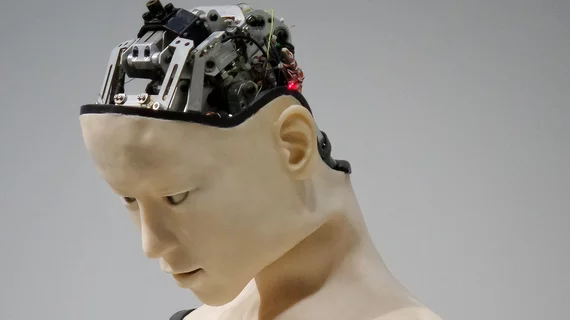Will Nurse Grace cheer patients up or scare them away?
Empathetic, affable, visually unthreatening and coolly competent in several healthcare tasks, a newly trained nurse named Grace has made a head-turning debut.
She’s also making the headlines.
That’s because Grace is a robot. She’s equipped with AI for diagnosing health problems and a thermal camera for taking temperatures.
Unveiled by Hanson Robotics June 8, Grace and her robotic “clones” may soon be assigned to relieving overworked hospital staff on the front lines of pandemic responses and other shift-stretching challenges.
Hanson founder David Hanson tells Reuters news service the tirelessly cheerful Grace can simulate the movements of around 50 facial muscles, speaks English as well as Mandarin and Cantonese, and is styled after gentle and appealing anime characters.
“A human-like appearance facilitates trust and natural engagement because we are wired for human face-to-face interactions,” Hanson says.
Expect some pushback on that opinion. Earlier this week a study came out suggesting many people will react to overly lifelike robots with expressions of revulsion. This phenomenon is called the “uncanny valley” effect.
In any case, plans are for Grace to be mass-produced this summer and fully deployed next year in Hong Kong, China, Japan and Korea.
What’s more, the cost of making the robots, “now akin to luxury car pricing, will decrease once the company is manufacturing tens or hundreds of thousands of units,” Reuters reports.
The South China Morning Post has uploaded a video to YouTube showing Grace in action. Check it out.

